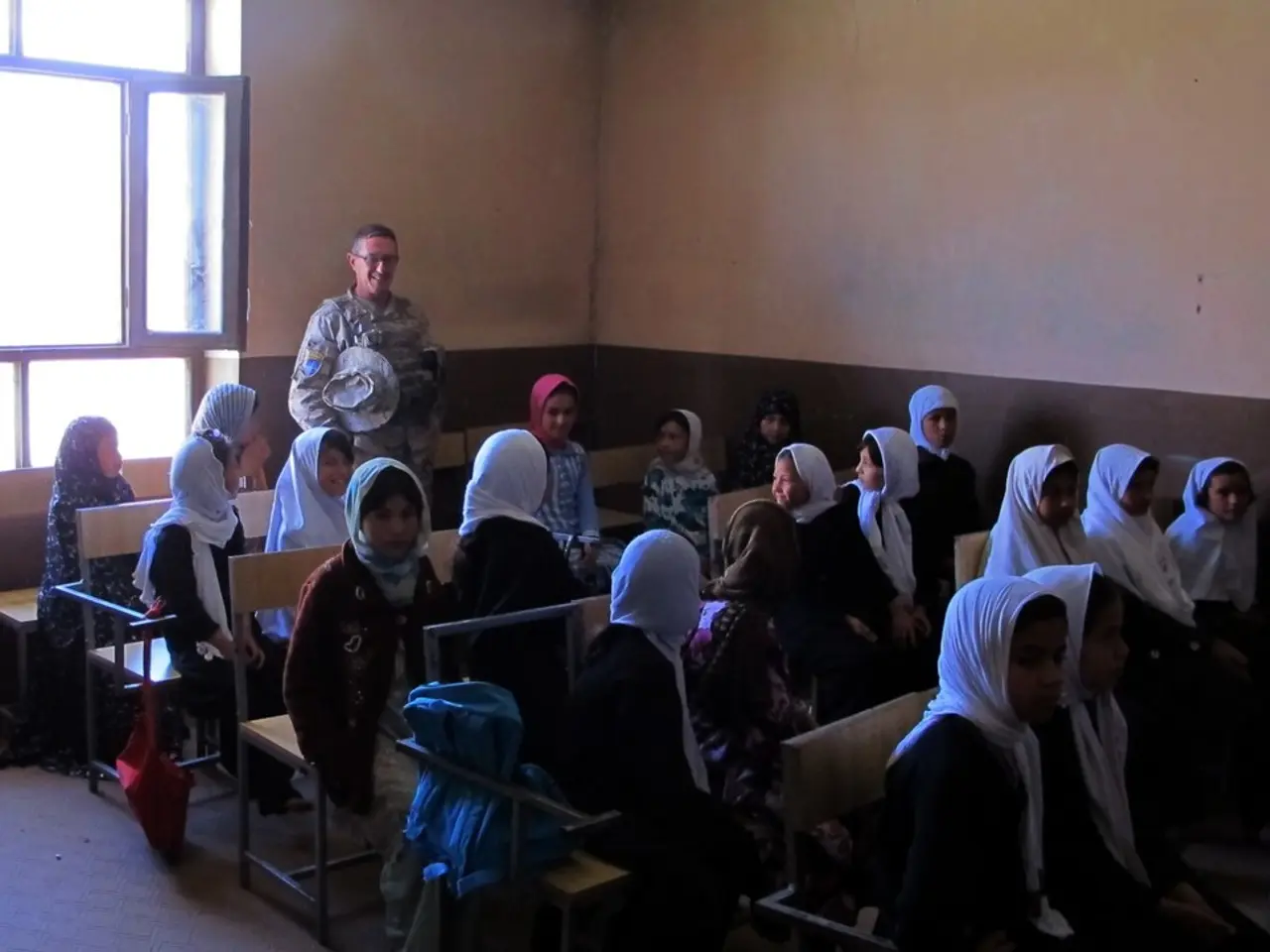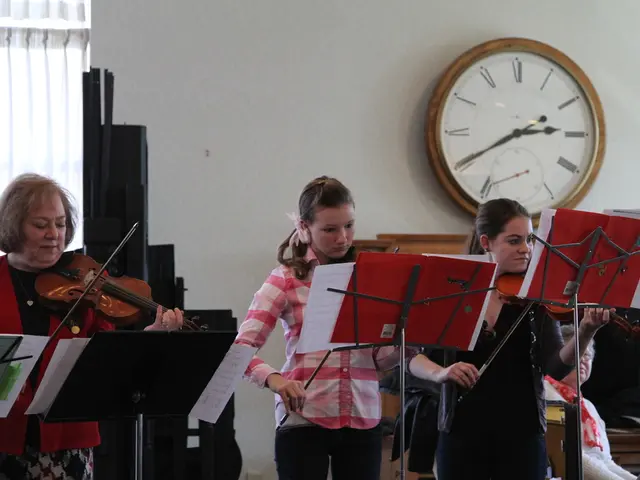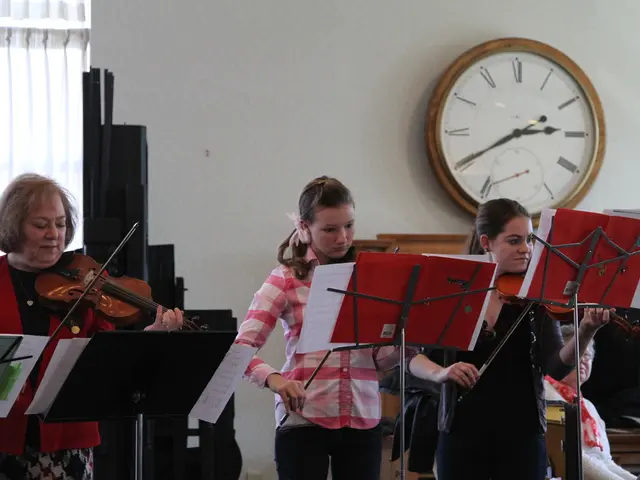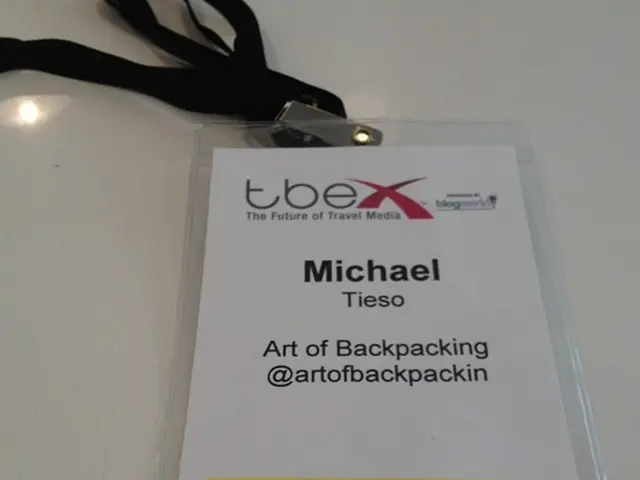Kuwait initiates extensive educational restructuring for grades 1-9, slated for implementation in the 2025-2026 academic year.
Kuwait is set to embark on a significant educational transformation, as the Ministry of Education has approved the development of a modernised curriculum for grades 1 through 9, to be implemented in the 2025-2026 academic year. This reform aims to modernise the education system and align it with global advancements in fields such as artificial intelligence, cybersecurity, and modern teaching methods.
The detailed plan includes several key components. Firstly, the reform focuses on integrating contemporary and advanced subjects such as artificial intelligence to equip students with skills relevant to the 21st century. This represents a shift towards future-ready education, incorporating digital literacy and innovation.
Secondly, the curriculum revamp is designed to bring Kuwait’s educational content up to international standards. This is part of a broader national strategic framework aimed at raising educational quality and relevance. The new curriculum will align with international standards like TIMSS, PIRLS, and PISA.
The Ministry of Education is overseeing the rollout of the reform, with specialized committees formed to develop and change the curricula. These committees ensure expert input and alignment with the comprehensive national development plan of Kuwait. The reform covers all grades from 1 to 9, aiming for uniform modernisation in early and middle education stages.
While the success of the reform hinges on effective implementation, stakeholder engagement, and clear assessment strategies, the Ministry is likely coordinating teacher training and resource development to support the new curriculum. However, specific details on teacher preparation were not provided in the available sources.
The transformation won't be total, but will replace outdated competency systems with new content rooted in modern pedagogy. Materials for the new curriculum were originally completed and reviewed using the 21st Century Standards and Skills System but were delayed due to the COVID-19 pandemic and subsequent ministerial changes.
Notably, the decision to implement the new curriculum marks a turning point, as previous ministers had hesitated due to post-pandemic recovery priorities, potential risks, and political accountability concerns. Dr. Bader Al-Essa, the former Minister of Education, praised the move, calling it a revival of earlier reform efforts halted in 2015.
The technical departments have finalised the first semester content for the primary stage, promising a significant shift from previous models. Some elements of the new curriculum have origins in previously prepared standards-based curricula from 2019. All draft textbooks were submitted to the minister by June 30.
Mona Al-Ansari, the former general supervisor of science, stressed that curriculum development must involve specialized academic experts. Hamad Al-Houli, Teachers' Association President, highlighted that curriculum reform was one of the association's key recommendations. Ibtisam Al-Hai, the former head of the Curriculum Department, emphasised the importance of proper sequencing and coherence from grades 1 to 9. Adel Al-Rashed, Educational Affairs Director, confirmed that the current changes are based on pre-existing plans nearly ready in the ministry's archives.
In conclusion, the comprehensive curriculum reform for grades 1 through 9 in Kuwait signifies a commitment to transforming its educational landscape by modernising content, fostering innovation, and preparing students for future challenges in a rapidly evolving global context.
In line with the national strategic framework, the new curriculum for grades 1 through 9 in Kuwait will incorporate online education and learning, as it aligns with international standards and focuses on digital literacy and innovation. To ensure the curriculum is of high quality and relevant, it will be developed by specialized committees, with input from academic experts, and will follow the 21st Century Standards and Skills System. The reform aims to bring education-and-self-development in Kuwait up to date by integrating subjects like artificial intelligence and modern teaching methods, paving the way for future-ready education.




